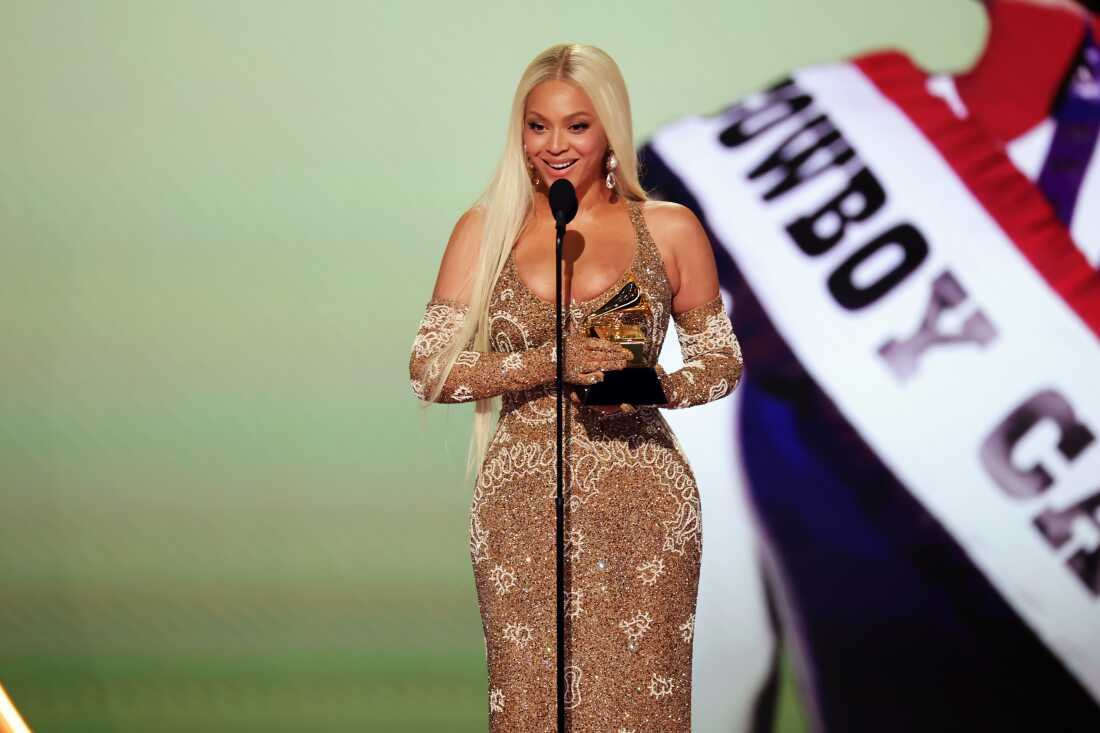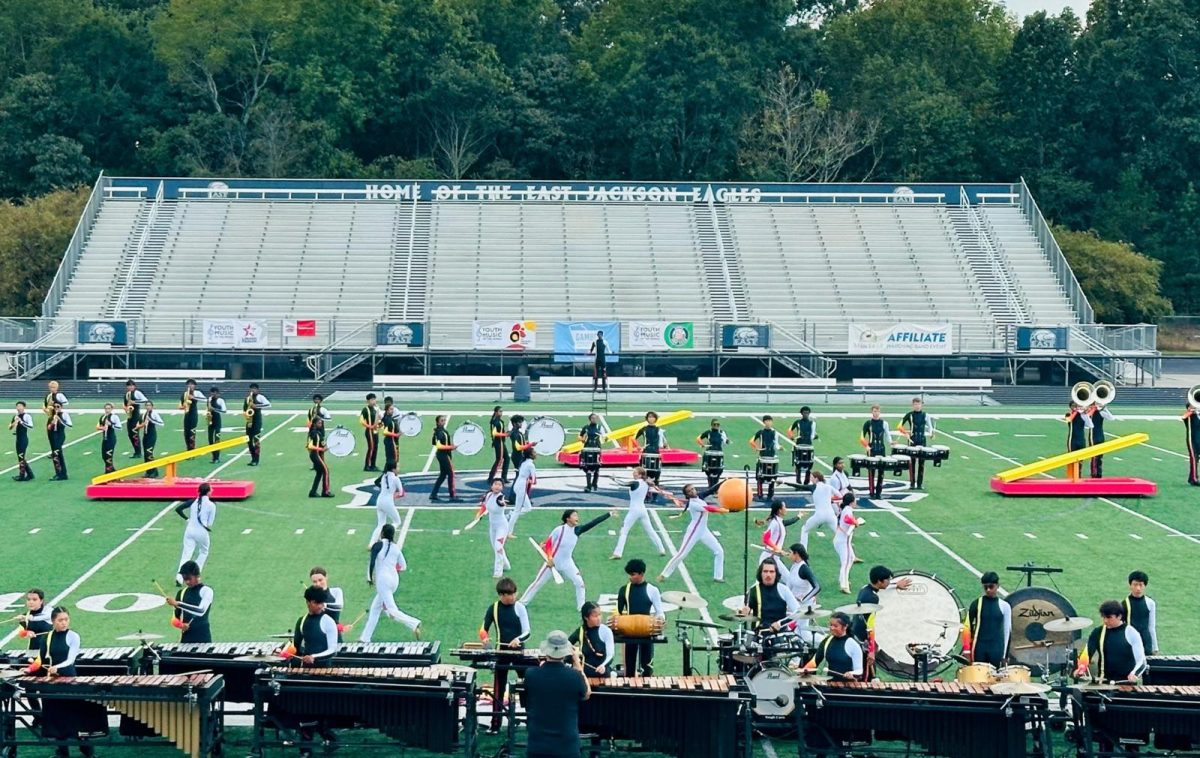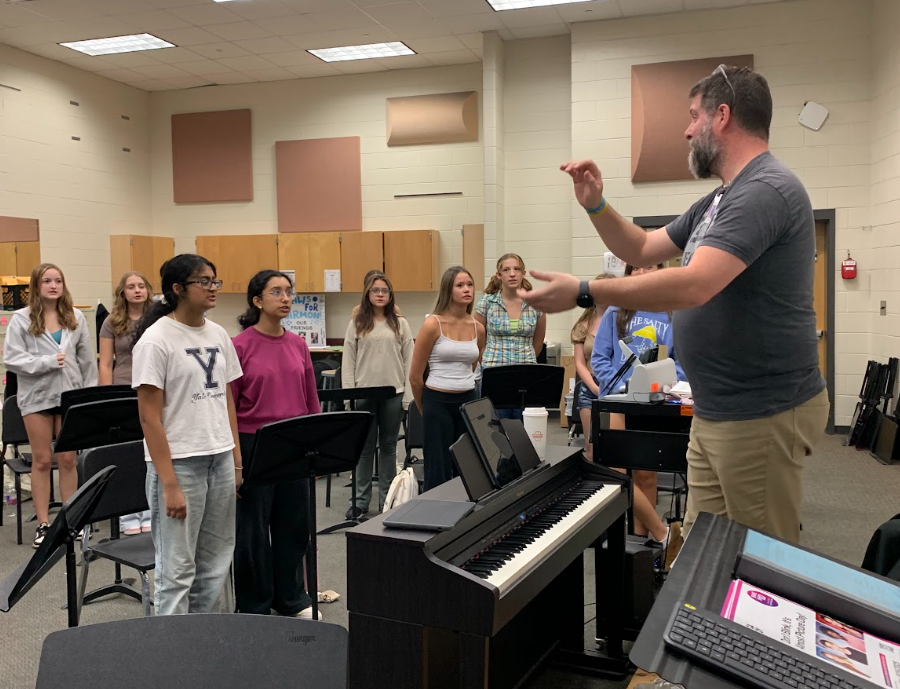On February 2, 2025, the 67th Grammy Awards took place in Los Angeles, California, with the shadow of the wildfires still looming large over the city. Many watching live and from home faced overwhelming losses; however, the music community showed up with a desire to rebuild, encouraging fundraising and volunteer efforts to help victims throughout the night. Kicking off with Randy Newman’s “I Love L.A.,” the ceremony remained mindful of the devastation in Los Angeles while celebrating the growth of the music industry. Through powerful performances and well-deserved wins, the night proved to be one of the most memorable and meaningful Grammy ceremonies in recent years.
The Grammys are a culmination of the year’s biggest musical moments, where personal favorites can either earn long-overdue recognition or be shockingly snubbed. This year’s ceremony was no exception, delivering a mix of well-deserved wins and notable moments. With a viewership of over 15.4 million people and social media engagement of nearly 102.2 million interactions online, it seemed like young people were increasingly enthusiastic about the show.
“I was jumping up and down in my seat the entire time,” Lambert junior Miya Nithin said. “I feel like the Grammys are the award shows I’m always most excited about, because I know the music and I want some artists or songs to win.”
The pinnacle of the ceremony was when ‘Album of the Year’ was announced. With eight fantastic albums in this category, this was one of the most high stakes Grammys’ races ever. From André 3000’s meditative jazz to Taylor Swift’s beautiful lyricism and Charli XCX’s party-ready chaos, the nominees brought bold artistry and innovation. Ultimately, the award went to Beyonce’s “Cowboy Carter,” her 27-song venture into country music where she paid homage to country greats and the often-ignored Black artists who played a crucial role in the formation of the genre.
This win was a landmark moment for the 32-time Grammy winner and for Black artists in country music. After four past snubs, many saw it as long overdue, though not without controversy. A lot of people felt like this award was undeserved and other artists had been ignored in favor of Beyonce.
“I thought Billie Eilish should have won ‘Album of the Year’,” Nithin stated. “Her songs were everywhere, and it didn’t make sense why she didn’t win.”
While artists like Billie Eilish or Taylor Swift certainly deserved awards for their outstanding bodies of work, “Cowboy Carter” stood out because it broke new ground in ways few albums ever do. Taylor Swift’s “The Tortured Poets Department” and Billie Eilish’s “Hit Me Hard and Soft” delivered deeply introspective storytelling on heartbreak, growth and identity. However, as powerful as they were, they did not quite have the same genre-defying impact as “Cowboy Carter.” The album analyzed the deep and rich history of Black people in country music. It blended classic country sounds with elements of R&B, gospel and rock, creating something that had never been done before. “Cowboy Carter” was an immersive experience because it utilized seamless storytelling with deep interwoven narratives. The album wasn’t just about music; it was about history, representation and pushing boundaries.
Aside from ‘Album of the Year’, the night featured several standout wins and moments. Kendrick Lamar’s “Not Like Us” dominated with five awards, including Song of the Year and Record of the Year, marking his first major-category Grammy wins as he had only won rap related awards before. Accepting Record of the Year, he dedicated the award to Los Angeles and those affected by the wildfires.
Rising stars also made a huge mark. Sabrina Carpenter won Best Pop Vocal Album for “Short n’ Sweet” and Best Pop Solo Performance for “Espresso,” while Doechii became the third woman to win Best Rap Album for “Alligator Bites Never Heal.” Chappell Roan, crowned Best New Artist, delivered one of the night’s boldest speeches, calling out record labels and advocating for fair wages and healthcare. Roan, who was lauded for her bravery, started a campaign to uplift smaller artists called We Got You, donating 25,000 dollars and encouraging other artists to do so as well. Such actions demonstrated how the 67th Grammys showcased the shifting landscape of the music industry, where artists are increasingly using their platform to challenge norms and push for meaningful change, whether through their speeches or music.
The 67th Grammy Awards was a reflection of music’s ability to heal, challenge and redefine boundaries. From groundbreaking wins to impassioned speeches, the ceremony honored not just the artists, but the people behind their work. As the music industry continues to evolve, one thing is certain: the music of 2024 left an undeniable mark, and the Grammys ensured that its legacy will resonate for years to come.















